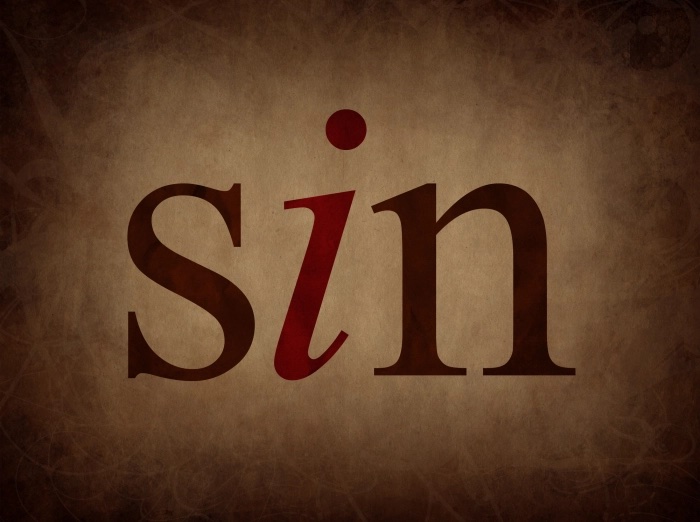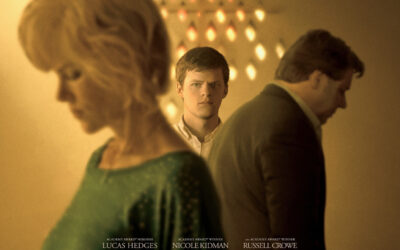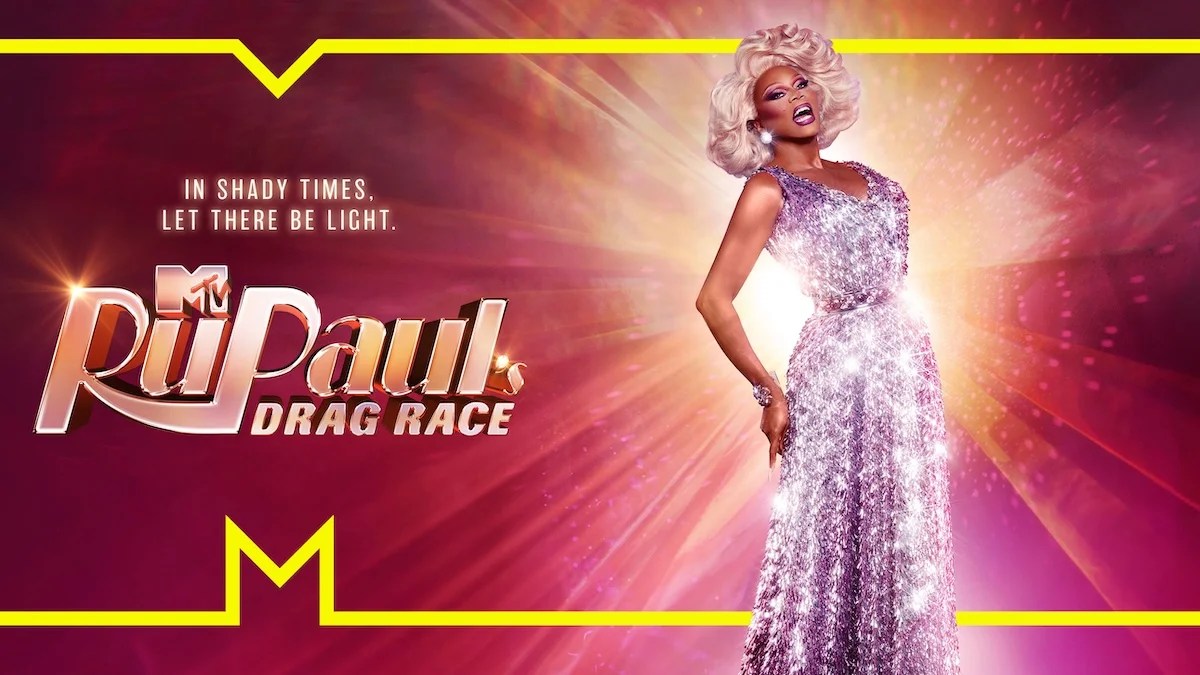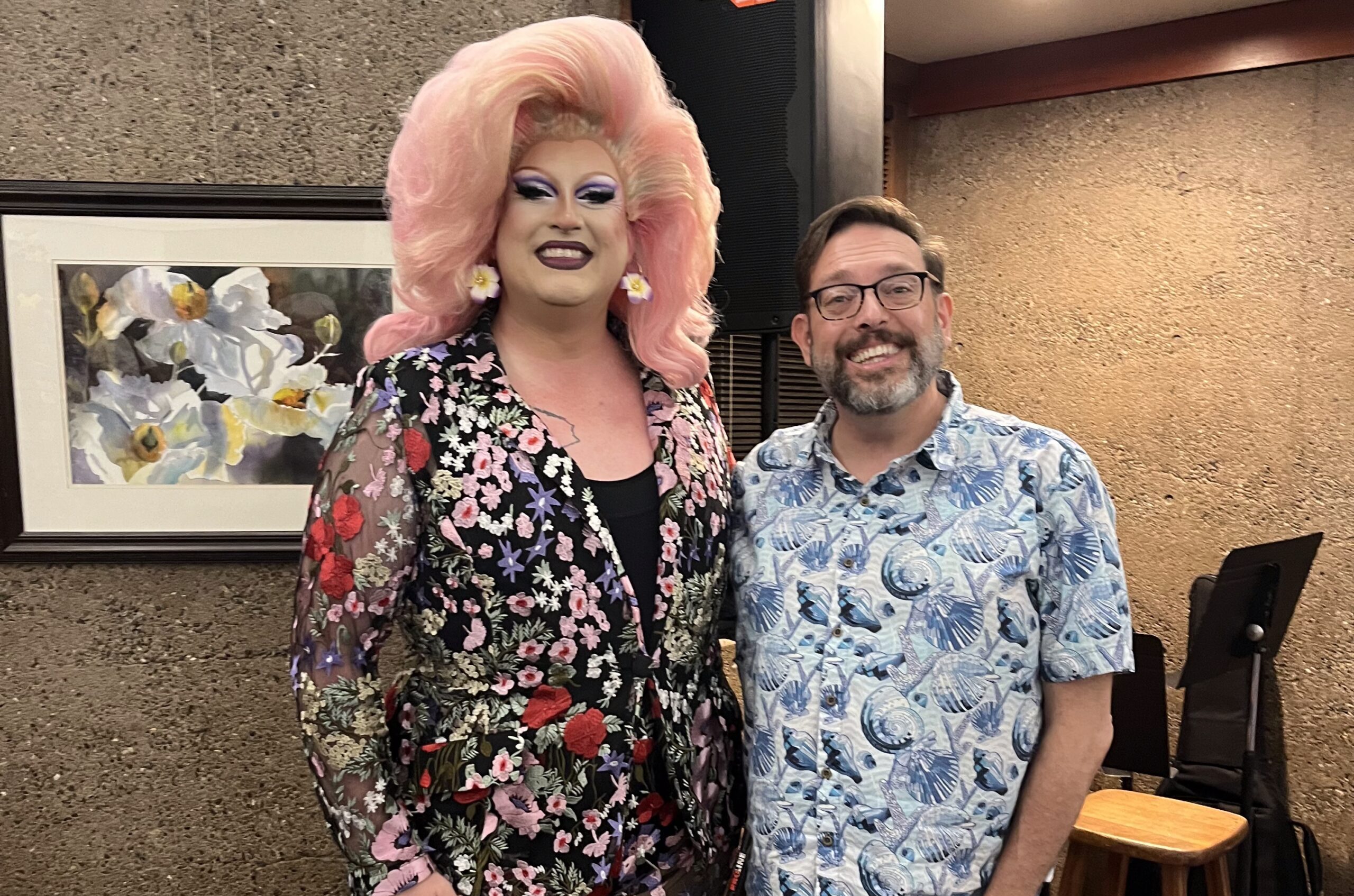
I’ve been thinking a lot about the fundamentalist/Evangelical understanding of sin. I remember spending a lot of time and energy trying to figure out whether something was or was not “a sin.” It was never about the consequences or impact of a behavior, it was about its category. It was about lists of “sins” and “not sins” in the bible.
Was drinking a sin? What about underage drinking? What about getting tipsy? What about getting drunk? Was thinking about sex “a sin”? Getting an erection while thinking about sex? How about masturbation? Could one masturbate without “sinning” if it was a purely physical act not accompanied by “sinful” thoughts?
I saw someone on Twitter today talking about whether or not it was “a sin” to vote for Trump or Biden. He wasn’t talking about the impact or consequences in this world – here and now – but about the “spiritual” impact for the individuals who cast those votes.
This divorce of “sin” from its real-world impact, this spiritualization of “sin” that turns it into a “between me and God” issue, is so significant. I’m trying to find words to express why I think this is so important.
I see it in my “Side B” gay Christian friends sometimes… This (in my opinion) overemphasis on whether something is “a sin” or not. Is it “a sin” to feel physical yearning for someone of the same sex? It is “a sin” to hold hands, to embrace or kiss?
I see things so differently now. I could be wrong – I’m the first to admit that – but it seems to me that they have it exactly backwards. It seems to me that things are categorized as “sins” in the bible precisely BECAUSE of their real-world impact/consequences. Stealing, infidelity, murder, rape, oppression of “the other,” lying… These are obviously sinful. God speaks against these things and calls us to live free of them, not because if we “sin” we are somehow stained/cut off from God, but because they literally HURT us and others.
I remember being taught in my high school youth group (I remember this so clearly… where I was sitting, who was speaking, the way the room was set up…) that when we “sinned” it was like adding another brick to the wall that separates us from God. I was told that if the wall got too high, that God would literally not be able to even hear our prayers. The only prayers that he would hear were prayers of confession. Those confession prayers would remove the bricks and allow communication to flow again.
They never addressed issues of bodily autonomy and consent. They never talked about issues of justice and oppression. They never talked about issues of race and gender. But boy did we spend a lot of time talking about “sin,” how to avoid it and how to deal with it if we did it.
The more I experience life, the longer I walk with God, the more I understand what Jesus was talking about in Matthew 22:37-40. “Jesus replied: Love the Lord your God with all your heart and with all your soul and with all your mind. This is the first and greatest commandment. And the second is like it: Love your neighbor as yourself. All the Law and the Prophets hang on these two commandments.” I really believe Jesus was saying not to worry about all those rules and regulations, all those laws, all those lists of “sins.” You think about two things… Love God and love other people. If you let these two principles guide your life, everything else will take care of itself. I was reading in Hebrews 13 yesterday, and a verse jumped out at me in a brand new way. I had never thought about it like this before. Verse 7 says “Remember your leaders, who spoke the word of God to you. Consider the outcome of their way of life and imitate their faith.” I thought back to the people who taught me about God and life and the bible and “sin.” Honestly it made me really sad. Look at those words again: “Consider the outcome of their way of life.” Ouch.
As hard as it is to acknowledge this, the community that raised me up in the faith has turned into a swamp of right-wing conspiracy theorists who worship Trumpism. They are very, very concerned with what is and what is not “a sin.” Abortion is a sin. Homosexuality is a sin. Sex outside of marriage is a sin. Drinking is a sin. Doing drugs is a sin. Watching a movie with a sex scene is a sin. Voting for Biden is a sin.
But when I “consider the outcome of their way of life” as the writer of Hebrews encourages me to do, things start to get pretty clear. Fear. The outcome of their way of life is fear. Fear of the “radical liberal agenda.” Fear of communism or socialism or Marxism. Fear of the godless liberals. Fear of the “gay agenda.” Fear of the public schools. Fear of the government. Fear of the mainstream media. Fear of the Democrats. Fear of the liberal Hollywood elites.
And all of this is rooted in the “fear of the Lord.” They are terrified of God. After all, Matthew 10:28 says “Rather, be afraid of the One who can destroy both soul and body in hell” and Proverbs 9:10 says “the fear of the Lord is the beginning of wisdom.” I grew up so afraid that God would somehow reject me. I lived in fear of being “left behind” at the Rapture. I had a Sunday School teacher who scarred me for life by saying – AND I QUOTE – “What would happen if you were sinning when the Lord came back? You just might not go.” Never mind that I was a devout little boy, so spiritually hungry, so sensitive to God, so deeply aware of others, so full of love and good intentions for everyone… No. It was all about what might happen if I was thinking about sex with another guy when Jesus came back. BUSTED.
I remember reading Dallas Willard in the early 2000s. It was pretty mind-expanding to read “History has brought us to the point where the Christian message is thought to be essentially concerned only with how to deal with sin: with wrongdoing or wrong-being and its effects. Life, our actual existence, is not included in what is now presented as the heart of the Christian message, or it is included only marginally.” He called this the “Gospel of Sin Management.” He was right on. In my experience, there is a direct relationship between how we view sin and how we live our lives. It fascinates me to no end that the more “conservative” one is in this area, the less likely one is to care about the here and now. For all the people debating whether it is “a sin” to do a particular thing (or NOT do a particular thing… can’t forget that!) I hope and pray that you will step into the freedom and abundant life that Jesus said he came to bring us. There is no fear in love, and God IS love.






Absolutely love and resonate with this Matt. Thank you.
Thanks so much, Joe. Great to hear from you.
Hey! Loved your post, Joshua sent it to me.
In my opinion, the doctrine of sin in evangelicalism and fundamentalism are products of different errors in reformationist and catholic theology. It seems that it traces back to Original sin vs Ancestral sin, the former being a Catholic doctrine and the latter being an eastern Orthodox doctrine.
The reason I bring this up is the way we Orthodox think about sin is first and foremost what you pointed out. It is what damages us, and what we do to damage others, which as a result hurts our relationship with Christ. Ancestral sin looks at the fall as an event that happened as the Fathers and Mothers of orthodoxy teach.
Which is a fall, as a result of immaturity in relationship with God. Had they fully been aware of what would happen, they wouldn’t have been deceived. And it is a tragic thing to God that humanity fell. And ever since the fall God has done nothing but pursue humanity in love, in an attempt to restore all mankind.
It is deeply sad to hear about people growing up with deep shame and unhealthy fear of God punishing us. It’s as if we’ve got the wrong impression of God. Like He can’t wait to punish us, and that we should obsess over how to not sin.
But what you pointed out about Christ simplifying the law is key, I think. It is very much preferred to teach the law of love, rather than trying to scare the hell out of people.
And that segues nicely to my love for the way that David talks about the fear of the Lord in the psalms, and this is what the Church Fathers focus on. The fear of the Lord is described as a process that looks nothing like growing to have more fear of punishment; and more like learning to boldly coming to Him in repentance and confession about everything, knowing He will not only forgive but also restore us with open arms.
The view of sin we ought to adopt is that Jesus defeated death by dying, and rising again for the life of the world. So the Word, who is Christ, should not be someone we run from in shame. He isn’t someone who expects us to list every form of sin and avoid it; instead He’s a good Father.
And that means I think He wants to train us in the way we should go. Namely doing right, good works of love. How can we love God if we don’t love others? I think the anti works doctrine in the reformation let to a dissociation of faith and works being one thing.
But love is one thing. It is both thinking and doing, believing and acting; however it is never just hoping and not performing.
The way we think of God in relationship to mankind, is largely based on the lives of the saints, because they preach Christ the Word, primarily through living righteously. I look at the lives of these men and women and I think of the love of Jesus Christ. I don’t think or a set of rules of what I shouldn’t do. I see faith, love, and good courage.
With that being said, I think that it’s also important to look at the context of Christ simplifying the law and correcting phariseeical (idk how to spell that). I think you made an excellent point and I love the way you summarized it. I am just emphasizing that I think Christ equally made the point he didn’t come to abolish the law, but to perfect it.
This means that man corrupted it for selfish gain, political means, and ultimately used a good thing to beat people down. But Jesus invited all the world to come and follow Him in the right way. But His way didn’t change, it was fulfilled. I’m not implying you said otherwise, it’s just exciting to unpack the words of Christ and really take a look at it.
Because a lot of my personal experience in evangelicalism seriously messed this up. Anyone of us kids who had questions about: the inconsistencies in theology, the unjust view of some sins being worse than others, or about our identity in relation to our sexual thoughts and feelings; they were all just pushed away or answered with non answers.
That left us with a bad taste in our mouth, and as the chapter goes on to discuss in Hebrews, it’s because they were teaching strange doctrine. Whereas the person Jesus Christ is the same yesterday today and forever.
Loved your thoughts, hearing about your experiences, because they are very insightful. Hopefully by sharing love with the world we start to draw closer to Christ, and in so doing, return to the gospel’s true intention for humanity.
Wow, thanks Zachary. So many helpful thoughts!
Btw, Joshua who? I’m trying to figure out how I know you…
Joshua Petrillo, and yeah, I’ve actually never met you. He sent me your post knowing I’d appreciate it! He’s said many good things about you, but I didn’t realize you have a site. Good to know!
Good thoughts. Good discussion. Growing up evangelical / fundamentalist, we focused so much on externals and how we all fall short constantly; seeking approval and affirmation from the Divine, not realizing that the love of God is eternal, constant and unchanging — regardless of our perceived failures. I remember hearing that same illustration of the wall. Grateful to have moved past those old paradigms. Thanks for sharing your thoughts on this.
I always love hearing from you, Joshua. Thanks for sharing. Yes, we’ve come a long way, and I’m so grateful.
We’re thinking similar thoughts.
Way back in 1987, I heard a youth group preacher describe sin as “missing the mark,” a term he said came from the Roman archers. Anything less than a bullseye missed the mark and was sin. Now I’m a Westerner, taught to think of sin as a criminal matter; you’re either guilty or you’re innocent, and since anything less than perfection is sin, that’s why we’re all under penalty of death (Romans 6:23).
Years later as I came to understand the honor/shame-based culture of the Bible, I saw how this is supposed to play out. We fire the arrow, we miss the mark, and maybe we miss the entire target. Of course we feel shame! We want to be perfect, and when we really mess it up we want to hide.
But God isn’t bothered by our failure. Scripture reveals that his greatest dream is to pitch his tent among us and live in the neighborhood with us. Adam flat-out disobeyed him, and the first thing God did was to go looking for him, and then when he had found him to comfort him. The curse isn’t a divine punishment for misbehavior; it’s God’s description of what was going to happen now that Adam had broken the celestial harmony, and it includes a promise that things eventually would be fixed.
“The wages of sin is death” doesn’t mean God is sending us away because we sinned. It’s because we are ashamed of falling short, that we run and hide from him and others. Scripture tells us of a God who pursues us time and again when we flee and asks, “Did you think I love you so little that what you did could possibly change that?”
But then there are actual works of wickedness or injustice, things that wrong other people. Having casual sex may be a cause of shame. Committing adultery actively wrongs one’s spouse. Being careless with money may be a cause of shame. Amassing great wealth wrongs the workers. Bickering? Shameful. Slander? Unjust.
The Torah was given to set people free from wrongdoing and to inspire them to lives of freedom, forgiveness and joy. I know this because it’s a vehicle of mercy that restrains punishment, because it was a forerunner of Christ, and because in the Septuagint the word Torah is rendered Logos.
Is something wrong? Ask yourself whom it hurts. If the answer really is “no one,” then you’re probably in the clear.